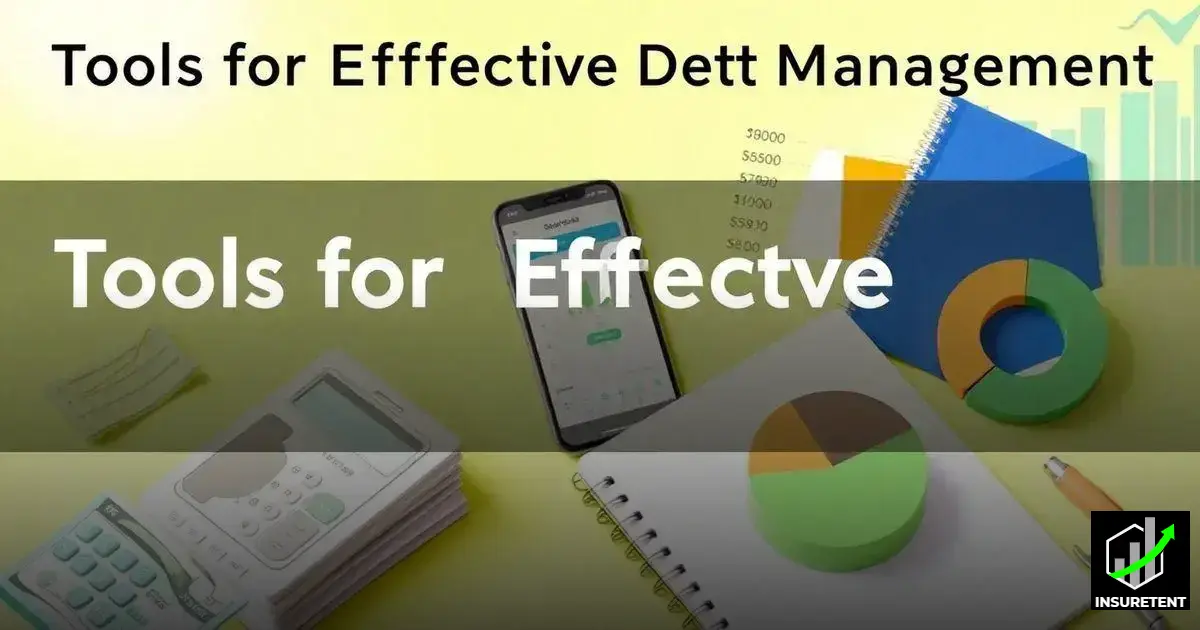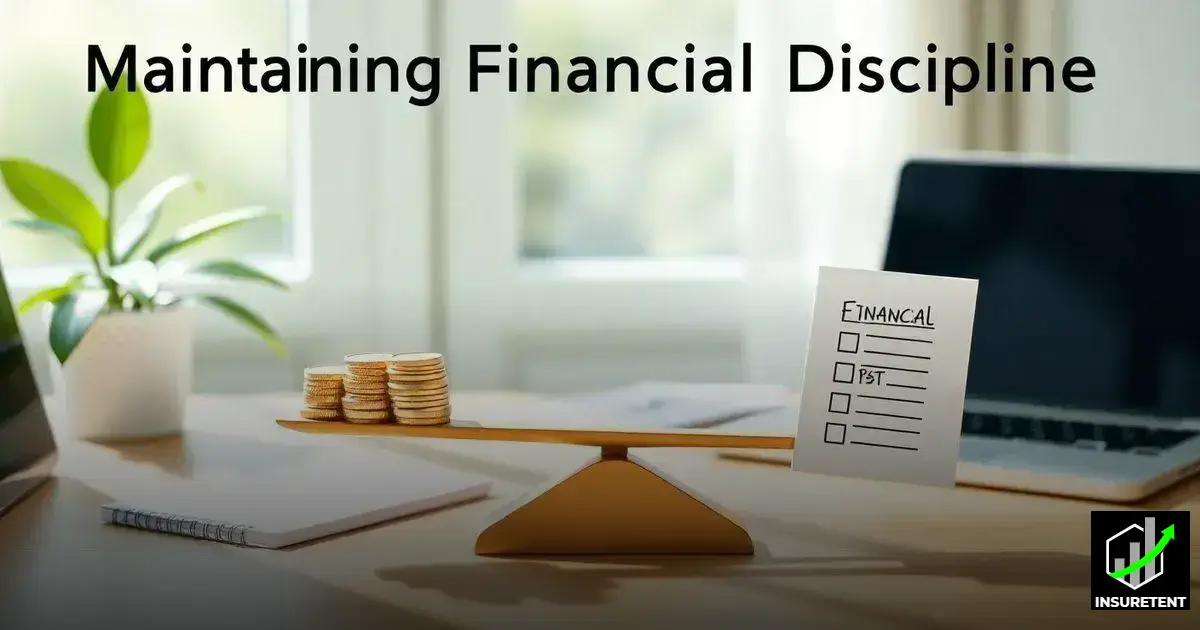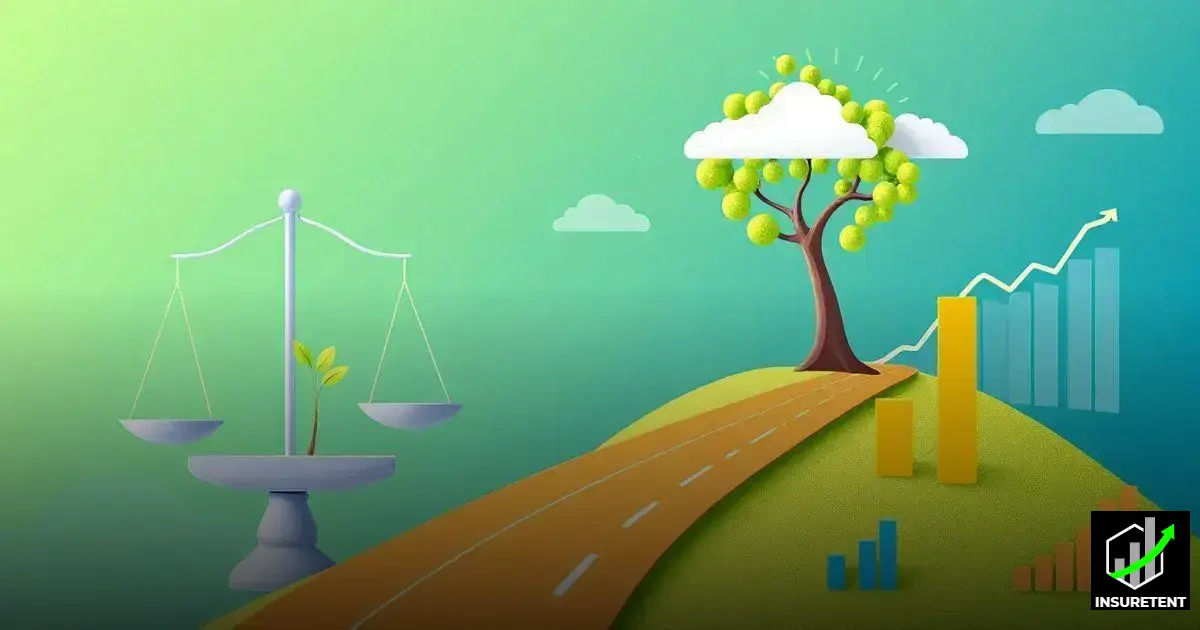In today’s complex financial world, practicing Intelligent Debt Management is crucial for maintaining stability and building a secure future. It’s more than just paying off debts; it’s about managing them wisely to achieve long-term goals.
By adopting strategic approaches, you can minimize interest costs, improve your credit score, and reduce financial anxiety. Simple steps, like prioritizing high-interest debts or consolidating loans, can make a significant impact.
Ready to take control of your finances? Keep reading to discover how intelligent debt management can transform your financial well-being!
Understanding Intelligent Debt Management
Understanding intelligent debt management is key to taking control of your financial future. This approach involves evaluating your current debt situation, prioritising payments, and creating a structured plan to eliminate debt. Effective debt management helps individuals and families make informed decisions about their finances, leading to less stress and better monetary health.
Firstly, it is crucial to analyse all debts, including credit cards, loans, and mortgages. Calculate interest rates and monthly payments to identify high-cost debts that should be paid off first. By focusing on these debts, you can save money on interest over time.
Next, create a budget that outlines all income and expenses. This will help determine how much money can be allocated toward debt repayment each month. A well-structured budget ensures that you are living within your means while aggressively paying down debt.
Consider using the debt snowball method, where you pay off the smallest debts first to gain momentum, or the debt avalanche method, where you focus on debts with the highest interest rates. Both methods promote engagement and motivate individuals to stick to their repayment plans.
Additionally, exploring debt consolidation options could be beneficial. This involves combining multiple debts into a single loan with a lower interest rate, making it easier to manage payments.
Finally, remember that seeking help from financial professionals can provide valuable insights and strategies to tackle debt efficiently. With a solid understanding of intelligent debt management, you can work towards a debt-free life.
The Importance of Debt Assessment

Assessing your debts is a critical step in achieving intelligent debt management. This process involves taking a close look at all outstanding debts and understanding how they affect your financial health.
The first step is to gather all financial statements, including credit card bills, loan agreements, and any related documents.By having a clear picture of what you owe, you can create an effective strategy for repayment.
Start by listing each debt, including its total amount, interest rate, and minimum monthly payment. This will help you identify which debts are the most burdensome. Paying off high-interest debts first can save you money in the long run. It is also helpful to track the due dates to avoid late fees, which can further complicate your financial situation.
Another important factor to consider during debt assessment is your income. Make a note of your total monthly income and compare it against your expenses. This allows you to see how much you can allocate to pay down debt each month. Keeping a close watch on your spending habits is essential. You might be surprised to find areas where you could cut back.
Lastly, do not hesitate to reach out for help if you feel overwhelmed. Financial advisors can provide expert advice tailored to your specific circumstances. With a solid understanding of your debts, you can develop an efficient repayment plan and work towards achieving financial freedom.
Crafting a Personalized Debt Strategy
Crafting a personalized debt strategy is crucial for achieving financial health. This strategy should align with your specific financial situation and goals. Start by identifying your total debt, which includes credit cards, loans, and other financial obligations. By knowing the full extent of your debt, you can create a realistic plan to tackle it.
Next, assess your income and monthly expenses. This will help you determine how much money you can allocate towards debt repayment each month. Consider using the 50/30/20 rule, where 50% of your income goes to essentials, 30% to discretionary spending, and 20% to savings and debt repayment.
Another effective technique is to set specific, measurable goals for your debt repayment. For example, aim to pay off a specific credit card within six months. Break this goal down into smaller monthly payments to make it more manageable.
Using your budget, prioritise debts with higher interest rates first. This method saves you money in the long term. Additionally, explore options for debt consolidation or refinancing, which may offer lower interest rates, making repayment easier.
Stay motivated by tracking your progress. Celebrate small victories, like paying off a smaller debt, which can keep you motivated on your journey to becoming debt-free. Remember, crafting a personalized debt strategy requires patience and discipline, but with a clear plan, you can achieve your financial goals.
Tools for Effective Debt Management

Managing debt effectively requires the right tools to simplify the process and reduce financial stress. Intelligent Debt Management involves leveraging available resources to track spending, organise debts, and create budgets that align with your financial goals.
A budget planner is a fundamental tool for this purpose. It enables you to input your income and expenses, providing a clear picture of where your money goes. This insight helps you identify areas to cut costs and allocate funds towards debt repayment more effectively.
Another essential resource is a debt payoff calculator. This tool estimates how long it will take to clear your debts based on payment amounts and interest rates. With this information, you can plan monthly payments strategically and prioritise which debts to tackle first.
Mobile apps like Mint and YNAB (You Need A Budget) offer additional support for managing debts. These platforms allow you to track spending, set financial goals, and monitor progress through visual reports. Such features keep you motivated and focused on achieving debt freedom through Intelligent Debt Management practices.
Seeking help from financial counselling services is another valuable option. Professionals can provide tailored advice, helping you implement effective debt management strategies and offering guidance throughout the repayment process.
Lastly, staying organised is crucial. Keep all financial documents in one place and review your financial situation regularly to adjust your strategy as needed. By combining these tools and maintaining consistency, you can regain control of your finances and work towards a more secure future.
Common Mistakes in Debt Management
When it comes to debt management, many individuals fall into common traps that can hinder their progress. One frequent mistake is ignoring the total amount of debt. It is essential to have a complete understanding of all debts, including outstanding balances and interest rates. Without this knowledge, crafting a solid plan becomes challenging.
Another mistake is failing to create a budget. A budget helps track income and expenses, ensuring that money is allocated towards debt repayment. Skipping this step can lead to overspending, making it harder to pay off debts.
Many people also overlook the importance of making more than the minimum payment. Minimum payments prolong the debt repayment process and can result in paying more interest over time. Instead, aim to pay more than the minimum whenever possible.
Additionally, relying too heavily on debt consolidation can be problematic if it is not managed wisely. While this strategy may simplify payments, it can also lead to acquiring more debt if spending habits do not change.
Lastly, neglecting to seek professional advice can be a major oversight. Financial advisors can provide tailored strategies and insights that can improve your approach, whether it’s personal or family debt management. Recognising and avoiding these common mistakes is essential for achieving effective debt management.
Maintaining Financial Discipline

Maintaining financial discipline is a cornerstone of Intelligent Debt Management. It requires consistent effort and a commitment to sticking to a well-thought-out plan. Start by developing a clear budget that outlines your income and essential expenses. This helps ensure you know exactly where your money is going, laying the groundwork for effective debt management.
One effective strategy for Intelligent Debt Management is the envelope system. This involves allocating specific amounts of cash for various spending categories and using only that cash for purchases. Once the cash is gone, you cannot spend any more in that category for the month, ensuring you remain within your budget.
Automating payments is another key component of Intelligent Debt Management. Setting up automatic transfers for debt payments ensures you never miss a due date, avoiding late fees and unnecessary interest charges. Additionally, automating savings by treating them as a fixed expense can strengthen your financial foundation.
Regularly reviewing your financial goals and scheduling monthly check-ins can keep you motivated. This practice allows you to track progress, make necessary adjustments, and stay focused on achieving your objectives. Lastly, having a supportive network of friends or family can provide encouragement and accountability, making the process more manageable.
The Role of Professional Guidance
The role of professional guidance in managing debt cannot be underestimated. Financial advisers are trained to help individuals navigate the complexities of debt management. They provide tailored advice that can align with your unique financial situation. Starting with a thorough debt analysis, professionals can help identify areas for improvement in your financial plan.
One critical aspect is budgeting. A financial adviser can assist in creating a budget that prioritises debt repayment while still allowing for essential spending. This balance can help individuals manage their finances without feeling deprived.
Another advantage of seeking professional guidance is having access to expert knowledge on debt consolidation and refinancing options. Professionals can evaluate whether consolidating your debts into a single loan with a lower interest rate is a good fit for your situation.
Moreover, financial professionals can help you set realistic and achievable goals. By breaking down large financial objectives into smaller, manageable tasks, they help you stay motivated and on track. Regular check-ins with your adviser can provide accountability and insight into your progress.
Lastly, having a professional to turn to for advice can reduce the stress that often accompanies managing debt. These experts can provide reassurance and support during challenging financial times, offering solutions rather than just pointing out problems. Overall, professional guidance is a valuable resource in the journey towards effective debt management.
Long-term Benefits of Intelligent Debt Management

The long-term benefits of intelligent debt management can significantly enhance your financial wellbeing.
Firstly, effective debt management helps to maintain a positive credit score. Timely payments on debts reflect well on your credit report, opening doors for better loan terms in the future.
Moreover, by developing a clear strategy to manage debts, you can reduce overall interest payments. This leads to significant savings over time, allowing you to allocate funds towards investments or savings.
Another advantage is the peace of mind that comes with being in control of your finances. Having a structured plan alleviates stress and allows you to focus on other areas of your life. With less financial worry, you can enjoy improved mental health and quality of life.
Additionally, intelligent debt management promotes financial literacy. As you navigate your debts, you’ll learn valuable skills in budgeting and financial planning. These skills are essential for making informed decisions about future financial opportunities.
Finally, successfully managing your debts can provide a strong foundation for achieving long-term financial goals. Whether it’s buying a home, starting a business, or saving for retirement, the benefits of intelligent debt management are vast and impactful.
The Path to Financial Freedom: Mastering Debt Management
In summary, adopting intelligent debt management strategies offers numerous benefits for financial health.
By understanding your debt, crafting a personalised repayment plan, and utilising available tools, you can take control of your financial future.
Seeking professional guidance, staying disciplined, and avoiding common pitfalls further enhance your efforts.
Ultimately, the long-term rewards include improved credit scores, substantial savings, and greater peace of mind.
Embracing these practices allows you to not only manage your current debts effectively but also to build a strong financial foundation for years to come.
